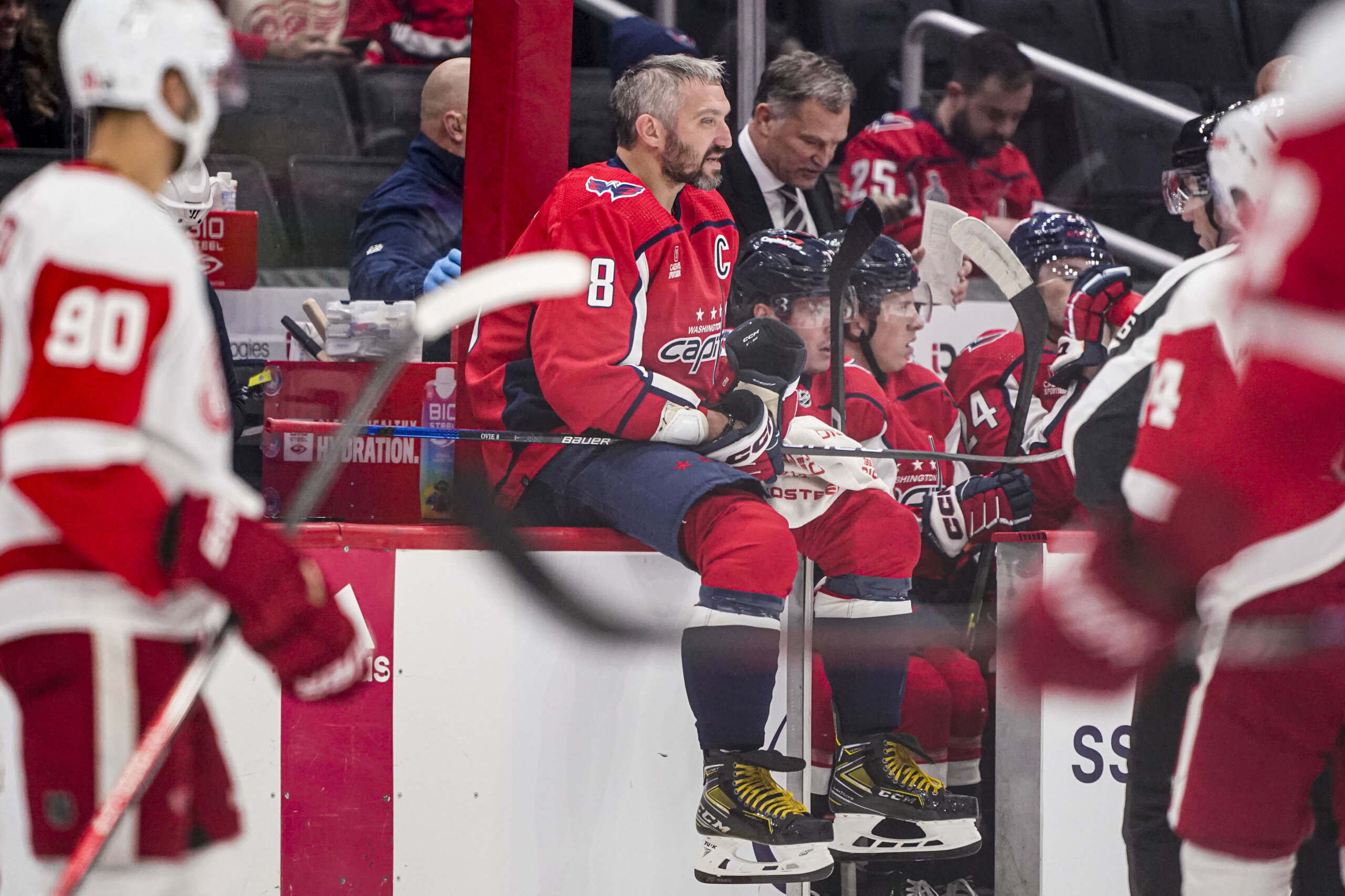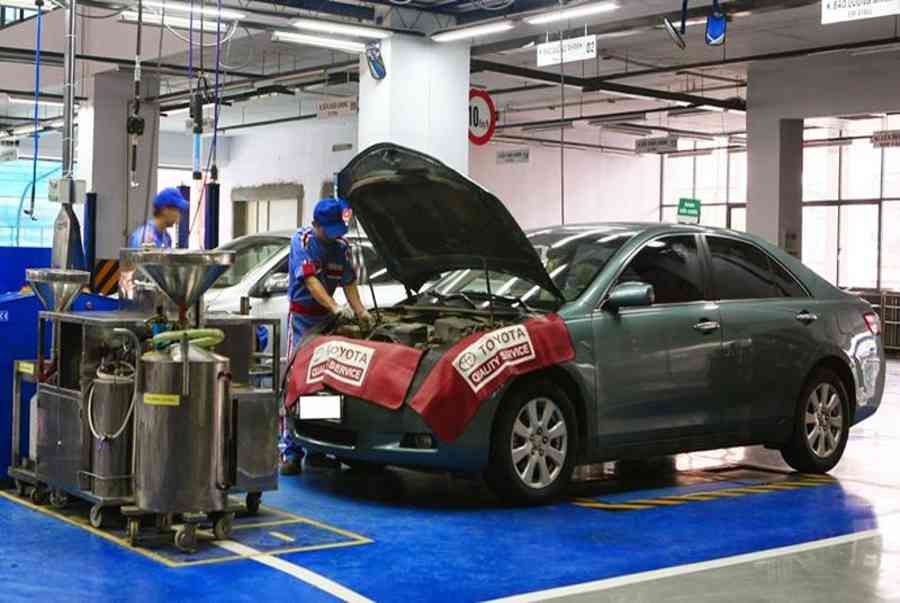Hollywood Shut Down: Writers And Actors On Strike

Table of Contents
The Writers' Strike: Key Demands and Impacts
The Writers Guild of America (WGA) strike, a crucial component of the Hollywood shutdown, stems from several key demands addressing the changing landscape of the entertainment industry.
Fair Compensation and Residuals:
The WGA's core demand focuses on improving compensation models, particularly residuals in the streaming era. Streaming platforms like Netflix, Disney+, and HBO Max have disrupted traditional revenue streams, leaving writers with significantly less income from their work compared to the network television model. This disparity is a major point of contention.
- Reduced residuals from streaming platforms: Writers receive drastically lower payments for streaming views compared to traditional broadcast television syndication.
- Demand for a fair share of streaming profits: The WGA seeks a more equitable share of the substantial profits generated by streaming services.
- Increased minimum staffing on television shows: The guild is fighting for increased writer's rooms on shows to ensure fair workload distribution and prevent exploitation. This directly impacts the quality of the scripts and the well-being of writers.
The Impact of AI on Screenwriting:
The rapid advancement of artificial intelligence (AI) is another major concern for writers. The potential for AI to replace writers or to be used to exploit their creative work without proper compensation is a significant threat.
- Concerns regarding AI-generated scripts: Writers worry that AI could be used to generate scripts, potentially diminishing the need for human writers.
- Demand for safeguards against AI exploitation of writers' work: The WGA is pushing for regulations to prevent the unauthorized use of writers' work to train AI models.
- Negotiations for AI usage regulations: The guild is seeking clear guidelines and regulations on the use of AI in the screenwriting process, ensuring fair compensation for writers when AI is involved.
The ripple effect on production:
The writer's strike has brought numerous television and film productions to a standstill, creating a significant ripple effect throughout the industry.
- Delays in upcoming film and television releases: Numerous projects have been delayed, impacting release schedules and potentially affecting box office and streaming numbers.
- Financial losses for studios and production companies: The shutdown translates to substantial financial losses for studios and production companies due to production halts and marketing delays.
- Impact on ancillary businesses: The strike affects numerous ancillary businesses that rely on Hollywood productions, including catering, transportation, and location services. Thousands of jobs beyond writers are directly affected by the Hollywood shutdown.
The Actors' Strike: Joining the Fight for Fair Wages and Working Conditions
SAG-AFTRA's strike, occurring simultaneously with the WGA strike, amplifies the pressure on Hollywood studios and strengthens the collective bargaining power of the creative workforce.
Fair Compensation and Residuals for Actors:
Similar to writers, actors are seeking better compensation for their work, particularly in the streaming era. The shift to streaming has significantly altered the revenue models, leaving actors with inadequate compensation for their contributions.
- Increased minimum wages for actors: The demand for higher minimum wages aims to address the increasing cost of living and the precarious nature of acting careers.
- Fair residuals for streaming platforms: Actors are seeking a fairer share of streaming profits, mirroring the WGA's concerns regarding the inadequacy of traditional payment models.
- Protection against the misuse of AI and its potential for replacing actors: The union is pushing for safeguards against the use of AI to replace actors or diminish their roles in productions.
Self-Tape Auditions and Working Conditions:
The strike also tackles issues surrounding working conditions, particularly the increasing reliance on self-tape auditions.
- Demand for stricter regulations on self-tape auditions: The union is seeking to limit the overuse of self-tape auditions, which can be costly and time-consuming for actors.
- Improved on-set safety regulations: SAG-AFTRA is pushing for stronger safety regulations on film and television sets to protect actors from harm.
- Fair treatment and working conditions for actors: The union aims to ensure fair treatment and reasonable working conditions for all actors, regardless of their seniority or role.
The Combined Impact of the Strikes:
The simultaneous strikes have created an unprecedented shutdown of Hollywood, demonstrating the power of collective action.
- Unprecedented scale of the industry shutdown: The dual strikes have brought a significant portion of Hollywood to a complete standstill, an event unseen in decades.
- Increased public awareness of the issues faced by writers and actors: The strikes have brought increased public attention to the challenges faced by writers and actors in the evolving entertainment industry.
- Potential for long-term changes in the entertainment industry: The outcome of these strikes could lead to significant and lasting changes in how the entertainment industry operates, impacting compensation, working conditions, and the use of AI.
Potential Resolutions and Future of the Hollywood Shut Down
The resolution to the Hollywood shutdown remains uncertain. Negotiations between the unions and the Alliance of Motion Picture and Television Producers (AMPTP) are ongoing, with both sides presenting strong positions. Potential compromises could involve adjustments to residual payments, stricter regulations on AI usage, and improvements to working conditions. The long-term effects on the industry could include a shift in production models, a greater emphasis on fair labor practices, and potentially a reevaluation of the role of AI in the creative process. The timeline for a resolution remains uncertain, with both sides prepared for a prolonged standoff.
Conclusion
The "Hollywood Shut Down," driven by the combined strikes of the WGA and SAG-AFTRA, represents a pivotal moment in the entertainment industry. The fight for fair compensation, protection against AI exploitation, and improved working conditions is at the heart of this unprecedented action. The outcome of these strikes will significantly shape the future of Hollywood and the livelihoods of thousands of writers and actors. Stay informed about the latest developments in the ongoing "Hollywood Shut Down" and support the fight for fair treatment in the entertainment industry. Understanding the complexities of this "Hollywood shutdown" is crucial for anyone interested in the future of film and television.

Featured Posts
-
 Rays Dominate Padres In Clean Sweep 104 1 Real Radios Coverage
May 16, 2025
Rays Dominate Padres In Clean Sweep 104 1 Real Radios Coverage
May 16, 2025 -
 Nhl And Nba Playoffs Smart Bets For Round 2
May 16, 2025
Nhl And Nba Playoffs Smart Bets For Round 2
May 16, 2025 -
 893 Goals And Counting Ovechkins Pursuit Of Gretzkys Nhl Record
May 16, 2025
893 Goals And Counting Ovechkins Pursuit Of Gretzkys Nhl Record
May 16, 2025 -
 Prognoz N Kh L Skolko Esche Ovechkinu Do Rekorda Grettski
May 16, 2025
Prognoz N Kh L Skolko Esche Ovechkinu Do Rekorda Grettski
May 16, 2025 -
 Xong Hoi Bao Lau La Du Loi Ich Va Nguy Co Can Biet
May 16, 2025
Xong Hoi Bao Lau La Du Loi Ich Va Nguy Co Can Biet
May 16, 2025
